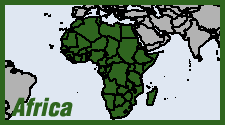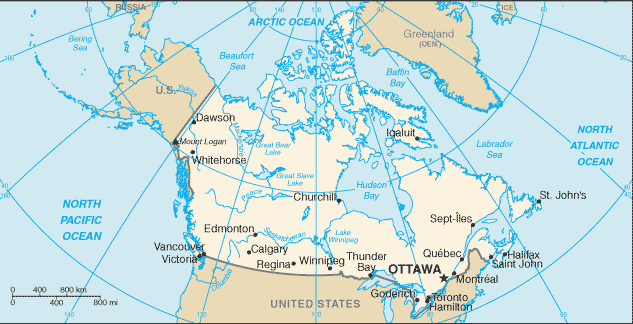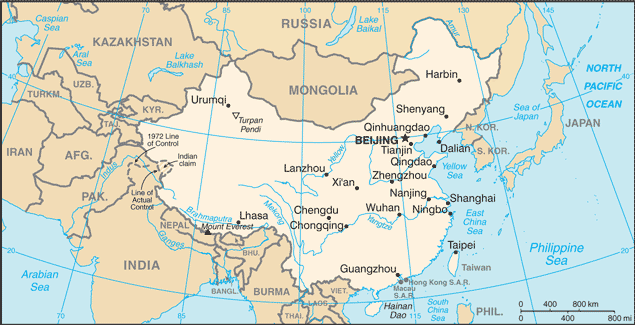Posted on August 21st, 2020 by Bill Weinberg and tagged
California,
Canada,
cannabis,
Colombia,
counterculture,
features,
Germany,
hemp,
Mexico,
New Mexico,
Planet Watch,
United Kingdom,
United States.
 Hemp’s Curious Cultural Trajectory
Hemp’s Curious Cultural Trajectory
Now that hemp has finally arrived at its long-sought status as a legal crop and commodity, there is a sense of inevitability to its deviation from the utopian vision that animated the advocates who fought for it a generation ago.
A tension that has always existed between two currents in the subculture of hemp advocacy is increasingly weighted toward the more mundane—activists versus entrepreneurs, idealism versus pragmatism, agrarianism versus agribusiness. And finally the original paradigm of a crop with multitudinous uses as “food, fuel and fiber,” holding the potential to solve humanity’s ecological crisis, versus the hegemony of CBD.
 In the near future, the CBD, THC or other cannabinoids you consume in edibles or medications may not be derived from cannabis at all, but grown in a laboratory.
In the near future, the CBD, THC or other cannabinoids you consume in edibles or medications may not be derived from cannabis at all, but grown in a laboratory.
 Hemp’s Curious Cultural Trajectory
Hemp’s Curious Cultural Trajectory  The global cannabis economy is now reaching Oceania, with commercial cultivation underway in Australia, a legalization referendum coming up in New Zealand, and legal barriers starting to come down in the Pacific Islands.
The global cannabis economy is now reaching Oceania, with commercial cultivation underway in Australia, a legalization referendum coming up in New Zealand, and legal barriers starting to come down in the Pacific Islands.  A growing number of countries on the African continent are looking to cannabis as the ticket out of poverty, and foreign investment for this sector is flooding in. Activists who pushed for legal commercial cultivation will now face the challenge of crafting a cannabis economy that empowers small farmers and rural communities, rather than replicating the elitist forms of past agro-export industries.
A growing number of countries on the African continent are looking to cannabis as the ticket out of poverty, and foreign investment for this sector is flooding in. Activists who pushed for legal commercial cultivation will now face the challenge of crafting a cannabis economy that empowers small farmers and rural communities, rather than replicating the elitist forms of past agro-export industries. Digital technology is rapidly colonizing every sphere of human existence, and the cannabis industry is certainly no exception. Entrepreneurs are aggressively plugging the application of artificial intelligence in everything from automating grow operations to matching strains with symptoms they are effective against. But is there a downside?
Digital technology is rapidly colonizing every sphere of human existence, and the cannabis industry is certainly no exception. Entrepreneurs are aggressively plugging the application of artificial intelligence in everything from automating grow operations to matching strains with symptoms they are effective against. But is there a downside? Canada's largest licensed producer of cannabis, with globe-spanning operations, is shutting down two massive greenhouses in British Columbia, and laying off hundreds of workers. Industry observers call it a sign that infrastructure overshot the market in the post-legalization euphoria.
Canada's largest licensed producer of cannabis, with globe-spanning operations, is shutting down two massive greenhouses in British Columbia, and laying off hundreds of workers. Industry observers call it a sign that infrastructure overshot the market in the post-legalization euphoria. With half a billion people under lockdown, the coronavirus outbreak in China is virtually certain to take a grave impact on the Asian superpower's economy—with ripples across the planet. And the cannabis industry is, like so many global concerns, dependent on labor in China's factory zones. Canna-businesses as far away as Canada's prairies are fearing an imminent pinch.
With half a billion people under lockdown, the coronavirus outbreak in China is virtually certain to take a grave impact on the Asian superpower's economy—with ripples across the planet. And the cannabis industry is, like so many global concerns, dependent on labor in China's factory zones. Canna-businesses as far away as Canada's prairies are fearing an imminent pinch. The global prohibition of cannabis affords the opportunity for imperial powers and authoritarian regimes to exploit those caught in the web of enforcement to advance their own political agendas. The recent case of Naama Issachar was deftly leveraged by Vladimir Putin, and could encourage other depots to similarly use pot prisoners to exact concessions from foreign governments.
The global prohibition of cannabis affords the opportunity for imperial powers and authoritarian regimes to exploit those caught in the web of enforcement to advance their own political agendas. The recent case of Naama Issachar was deftly leveraged by Vladimir Putin, and could encourage other depots to similarly use pot prisoners to exact concessions from foreign governments.





Recent comments
18 hours 46 min ago
1 week 1 hour ago
5 weeks 8 hours ago
8 weeks 5 days ago
12 weeks 5 days ago
13 weeks 4 days ago
23 weeks 4 days ago
27 weeks 4 days ago
28 weeks 5 days ago
28 weeks 5 days ago